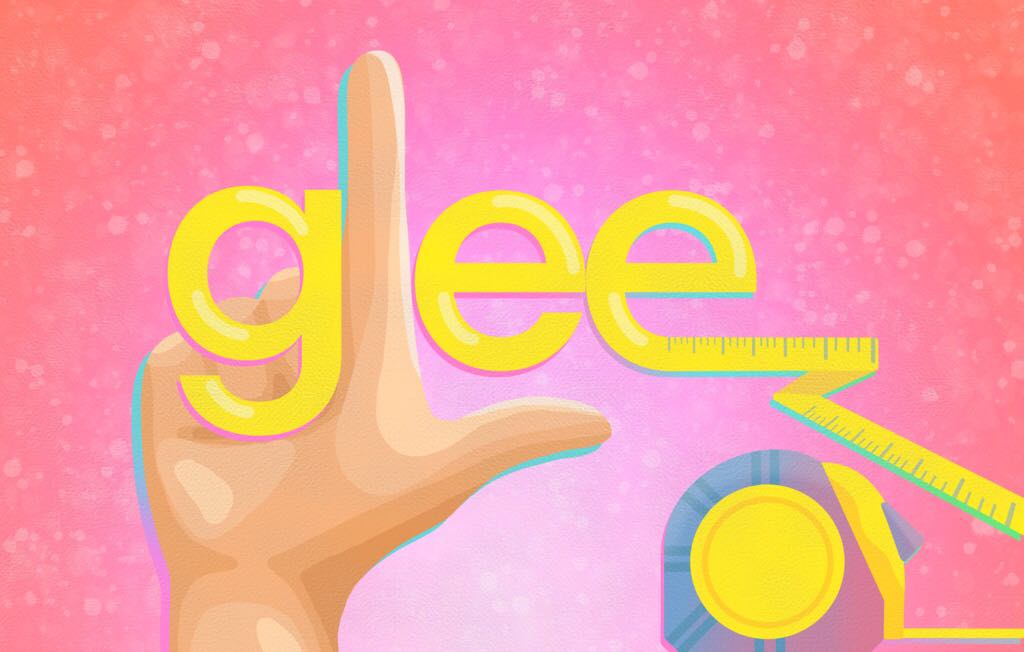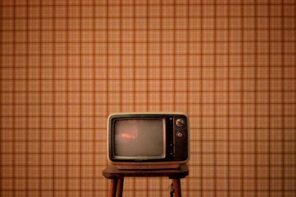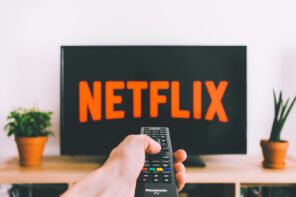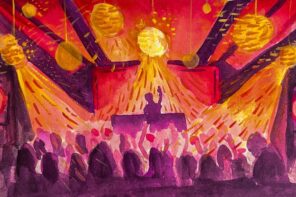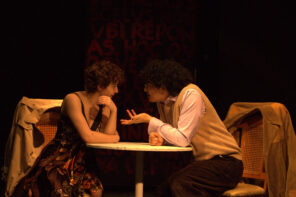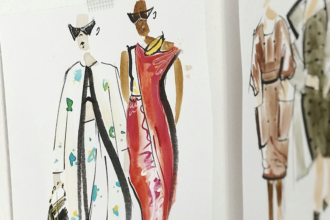It was the summer of 2013. The highs and lows of seventh grade had taken their toll on me, and I was eagerly anticipating the next two responsibility-free months. What that meant was days spent reading depressing dystopian novels and watching copious amounts of Netflix. While iCarly and Drake & Josh were enough for seventh grade me, that summer I was growing up, and in need of something a little more refined. One blistering summer day, I stumbled upon exactly what I was looking for: Glee.
From the very second I was introduced to the ragtag group of the McKinley High Glee Club, I was hooked. The teenage angst and drama was enthralling. The musical numbers stayed in my head for days. Every line that cheerleading coach Sue Sylvester uttered had me in hysterics. I’m sure that my family tried to get me out of my Glee stupor, but nothing could tear me away from this entrancing show. I finished the four seasons that had already aired as of 2013 in less than three weeks, and I eagerly looked forward to what the next season would hold for my favorite characters.
My idyllic Glee bubble was burst on July 14th of that year when Cory Monteith—who played star quarterback Finn Hudson—died. I was absolutely devastated. It was the first time that a star I cared about had died, and watching old episodes didn’t feel the same anymore, knowing that the person who had breathed life into that character was gone. I couldn’t fathom the show without Finn’s eager personality and optimism. When season five aired in the fall, I watched the first four episodes. While Monteith’s tribute episode— “The Quarterback”—was heart-wrenching, the other episodes missed the mark. They weren’t inherently bad, but it didn’t quite feel like the show that I had grown to love, and so I stopped watching it. Once I removed myself from that stupor, Glee quickly became a past embarrassing obsession as I discovered other—and better—TV shows.
… it didn’t quite feel like the show that I had grown to love, and so I stopped watching it.
In my second year of CEGEP, I was stressing over what my future would hold, and I was desperately in need of something mind-numbing to watch. So, I decided to jump back into the world of Glee. To my surprise, even though my taste in shows had drastically changed, I was once again hooked. It was so easy to fall back into the world of show choir where a simple song could fix all of your problems. For those forty-five minutes, all of my worries disappeared as I focused all my attention onto whatever ridiculous plot lines and over-the-top musical numbers were in that episode.
However, this time my obsession was clouded with a critical lens. When I was thirteen, I didn’t have the skill set or knowledge to recognize problematic content, and I could appreciate what I was watching at face value. This time around, I was much more aware of the flaws in the show. This was especially noticeable with Glee Club teacher, Will Shuester, who no longer seemed quite as endearing. His lack of understanding of teacher-student boundaries and just general questionability made me cringe immensely. Why does he have no adult friends? Why does he ask his student to be his best man? Why does he suspend one of the Glee Club members for refusing to wear a revealing costume? It seemed that every episode was a new chance for Schuester to do something inappropriate or absurd. Another questionable adult figure is Sue Sylvester, who despite her hilarious antics has a lot of racist and homophobic one-liners that would not fly on television today.
When I was thirteen, I didn’t have the skill set or knowledge to recognize problematic content, and I could appreciate what I was watching at face value. This time around, I was much more aware of the flaws in the show.
I also took issue with the way that the show handled certain sensitive issues. Glee is a show that often tackles current social topics, but a lot of the time, the manner in which these issues are explored lacks the proper nuance and care that such sensitive topics require. In season four, the show writers attempted to discuss the subject of bulimia. Kitty is jealous of Marley for landing the role of Sandy in Grease, and as revenge, she hems Marley’s costumes to make her think that she’s gaining weight. Over the next few episodes, Marley spirals deeper into obsessing over losing weight which culminates in her fainting at their Sectional show choir competition. Within a couple more episodes, Marley’s eating disorder is completely forgotten, and she becomes friends with Kitty as if nothing had happened. In season three, Glee introduced its first transgender character, Unique Adams. While her introductory episode had promise, she quickly became a character with little depth whose sole purpose seemed to be to teach her cisgender peers lessons about tolerance. The writers could have used Unique as an opportunity to highlight the overlooked perspective of a Black trans woman, but instead, she was repeatedly used as a punchline.
The show also took a similiar approach when discussing gun violence and sexual assault. These are serious subjects, and they deserve to be more than just a side plot that never gets mentioned again. It’s not enough to merely mention these issues. A certain amount of tact and care is required, which Glee often lacked.
While I think that there are a lot of problems with Glee, it’s difficult for me to let go of that comfort altogether. It’s a show that I watch when I need background noise while writing assignments, and I put it on when I need to smile. The song covers are what get me motivated when nothing else can. It was also the first show I saw that contained LGBTQ representation, and despite how far television has come, it’s still rather rare to see a queer couple thrive and survive despite numerous obstacles— let alone two queer couples.
In turbulent times like these, it’s important to have something reliable to fall back on. For me, Glee is that steady force. No matter what happens, I know I can always laugh over the absurdity of a Bohemian Rhapsody number being spliced with Quinn’s birth scene, or Finn finding religion in a grilled cheese sandwich. Despite its many flaws and wild storylines, Glee also offers a reality where people’s differences are embraced and where the boxes that teenagers put themselves into are broken. It’s not a perfect show, but it is a product of its time and it’s important to acknowledge the standards of the past in order to work towards a more inclusive future.

